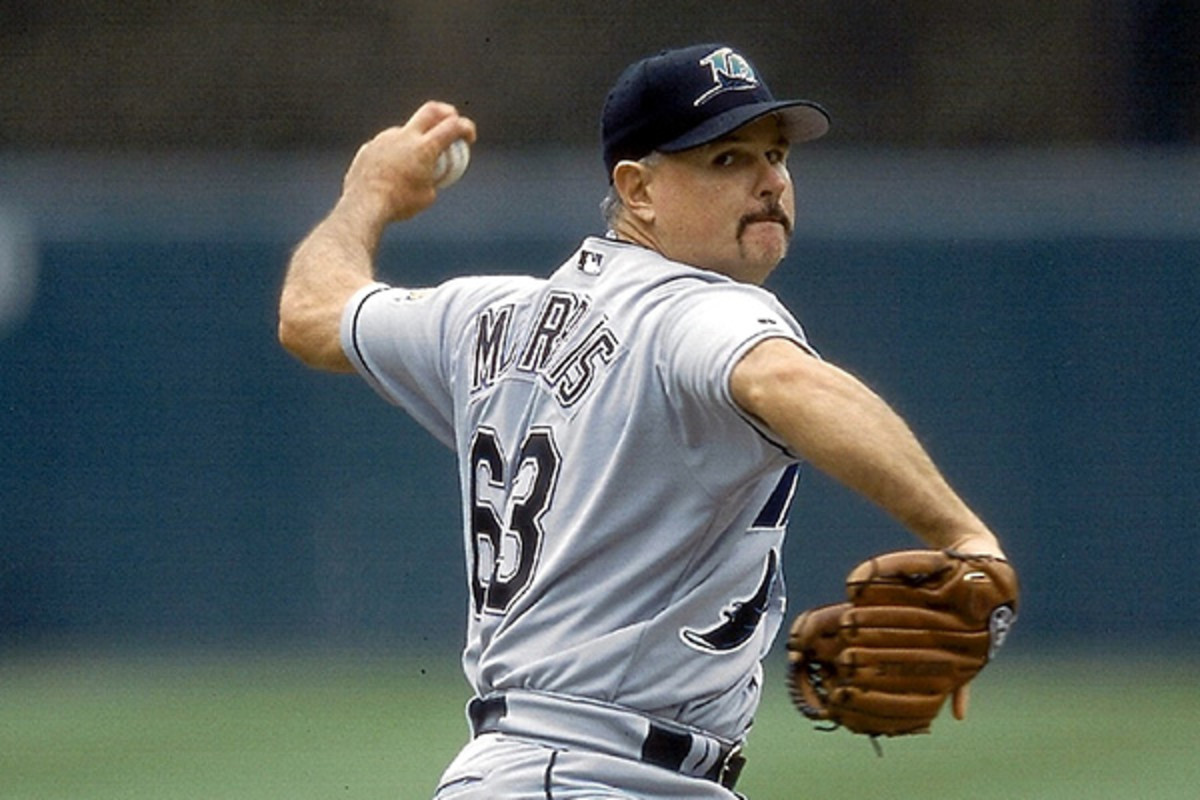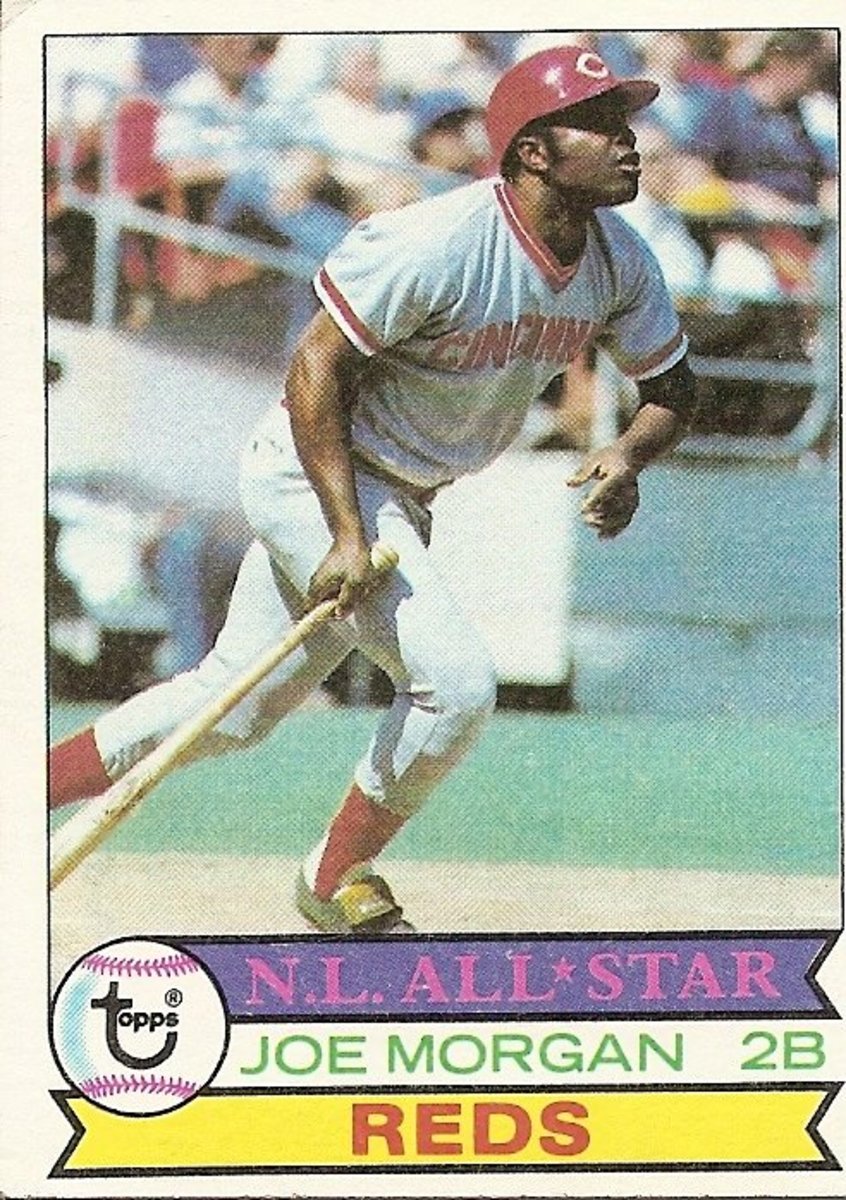A Moment in the Sun: Bert Shepard's ability to overcome a severe handicap to pitch in one game is inspirational
Thanks to the weather and a quirk in scheduling, I get to watch an old-fashioned doubleheader between the Dodgers and Nationals today. That turned my thoughts to a story involving a Washington player from 67 years ago that I think is quite inspirational but few people know about.
It was August 1945, just a few days before the United States dropped the first atomic bomb on Japan. Newspapers were welcoming home many baseball players who had served in the war in Europe. Mel Ott had just bashed his 500th homer to join Babe Ruth and Jimmie Foxx in that exclusive club.
Washington battled into second place by winning doubleheaders
Improbably, the Washington Nationals (or Senators as they were more familiarly known at the time) were in a dogfight for first place with the Detroit Tigers. Weather had wreaked havoc on Washington’s schedule and after playing seven doubleheaders in July, the Nats faced five consecutive doubleheaders from Aug. 1-5.
The doubleheaders were kind to the Senators, though. When they won the opener of the Aug. 4 twin bill against Boston, they had won seven straight games and moved into second place.
Streak stops in blowout by Boston
But the streak ended in sudden and crushing fashion in the nightcap. The teams were tied 2-2 heading into the top of the fourth. The Red Sox then unleashed a 12-run inning that featured six RBIs from outfielder Tom McBride.
With one out in the fourth, Washington manager Ossie Bluege removed starter Sandy Ulrich and brought in rookie Joe Cleary. He pitched a third of an inning and allowed seven runs. It was his only appearance in the big leagues, leaving him with a staggering lifetime ERA of 189.00.
Bluege then turned to another pitcher who had never thrown in the majors, someone who no one ever could have expected to ever pitch in any baseball game, let alone during one in the middle of a Major League pennant chase.
The pitcher was lefty Bert Shepard, a 25-year-old from a small town in Indiana. The reason no one expected him to pitch was simple – he had lost a leg during combat in World War II.
War hero Shepard impressive in lone outing
According to one source, Shepard was a fighter pilot and his leg was amputated after his P-38 was shot down over Germany. While a German POW, he was fitted with an artificial leg and worked on his pitching mechanics.
After his release by the Germans, he attended the Senators spring training camp and impressed owner Clark Griffith to the point that he signed him as a pitching coach. He pitched a few exhibition games and some batting practice. Then, when pitching got tight in the midst of all those doubleheaders, he was pressed into service as a reliever.
He closed out that game, going 5.1 innings, allowing three hits, a walk, a single run and struck out two. What two men with sound legs couldn’t do, this handicapped veteran managed to do – cool down the hot Red Sox bats.
That was the only Major League game Shepard pitched. He continued as a player-manager in the minors for another decade. He later had some success as a golfer and died in 2008. He received the Distinguished Flying Cross for his service during the war.
No accolades for Shepard's accomplishment
Since I’m here in Washington, I went to the Library of Congress and read through the Washington Post and Washington Evening Star from that time period. I expected a nice sidebar about how well the war hero performed, how amazing it was that a handicapped player could pitch so well, to read quotes and accolades about his inspirational story.
There was nothing like that. Shirley Povich, the legendary sportswriter for the Post, merely mentioned that Shepard, the one-legged pitcher, finally got his chance. The Evening Star didn’t mention him at all.
It wasn’t that the newspapers ignored the war veterans. In fact, just a few days before the Post ran a story with photo about Buddy Lewis returning to the Senators. The Star ran a story about Bob Feller, pitching for the Navy, shutting out the Cubs in an exhibition game (the Cubs would win the pennant that year).
It seems inconceivable that a similar circumstance today – a soldier who had lost a leg in Iraq or Afghanistan returning to pitch in a Major League game – would be so universally ignored. Television stations would feast on the footage of it, Bob Costas would do an hour-long segment about the man’s heroism, he’d appear on all the talk shows and grace magazine covers. At least I think that’s how we’d react today.
Remembering a truly inspirational hero
Ironically, and perhaps sadly, just four years after Shepard’s lone successful pitching attempt with an artificial leg, Jimmy Stewart starred in the leading role of The Monty Stratton Story. Stratton was a pitcher for the White Sox who in 1938 shot himself in the leg in a hunting accident, had his leg amputated and tried many times unsuccessfully to make it back to the Major League level. Stratton won 15 games in each of the two seasons before his injury but was by no means a superstar.
Which would have made the more inspirational story? The war veteran who lost his leg in combat and successfully made it to the majors, or the story of a man who lost his leg in an accident and was unsuccessful? I choose the Shepard story as the better one.
So tonight when I go watch a doubleheader in which Stephen Strasburg won’t appear because of fear of injury, and Bryce Harper will probably only play one game because the team fears his 19-year-old body might grow fatigued, I’ll keep in mind the inspirational story of Bert Shepard who didn’t let a severe handicap keep him from enjoying his moment in the sun.










